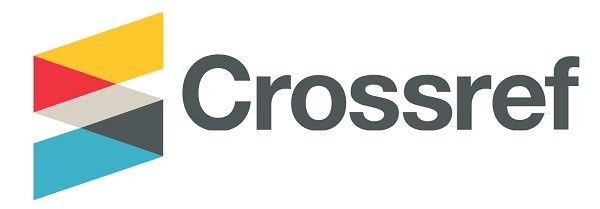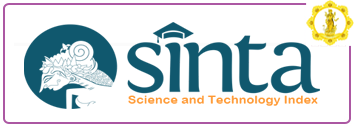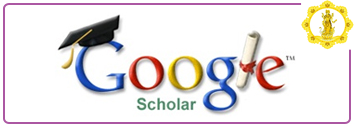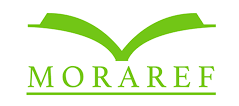Peningkatan Mutu Pendidikan Melalui Perencanaan Mutu Strategis
DOI:
https://doi.org/10.25078/jpm.v5i2.763Keywords:
Education, management, planning, qualityAbstract
Education is a process of humanizing humans to be able to actualize themselves in life, where good education is education that does not only prepare students for a profession or position, but to solve the problems it faces in daily life. Improving the quality of education is directed at improving the quality of Indonesian human beings through training, thinking, sports, and sports in order to have competitiveness in facing global challenges. Increasing the relevance of education is intended to produce graduates who are in accordance with the demands of the needs of Indonesia's natural resource potential. Steps that can be taken to improve the quality of education, namely: strengthening the curriculum, strengthening the capacity of school management, strengthening educational resources, continuous improvement and fact-based management.
Downloads
References
Anderson, J. C. dan Gerbing, D. W. 1991. Structural Equation Modelling in Practice: A Review and Recommended Two-Step Approach. Psychological Bulletin, 193(3), pp. 411- 423.
Ardhana, W. 1987. Bacaan Pilihan dalam Metode Penelitian Pendidikan. Jakarta: Proyek Pengembangan Lembaga Pendidikan Tenaga Kependidikan Direktorat Jenderal Pendidikan Tinggi Departemen Pendidikan dan Kebudayaan.
Ary, D., Jacobs, L.C., dan Razavich, A. 1985. Introduction to Research in Education. 3rd Ed. New York: Holt, Rinehart and Winston.
Asrorun. 2006. Membangun Profesionalitas Guru. Jakarta : eLSAS.
Best, J.W. 1982. Metodologi Penelilian Pendidikan. Terjemahan Sanafiah Faisal dan Mulyadi Guntur Waseso. Surabaya: Usaha Nasional.
Borg, W.R. dan Gall, M.D. 1983. Educational Research: An Introduction. 4th Ed. New York: Longman.
Cascio, W. F. 1991. Applied Psychology in Personnel Management. Edisi Ke-4. New Jersey: Prentice Hall.
Christina, S., & Maren, S. 2010. Exporting Services Successfully: Antecedents and Performance Implications of Customer Relationships. Journal of International Marketing, 18(1), pp. 86-108.
Daryanto. 2006. Administrasi Pendidikan. Jakarta: Rineka Cipta.
Depdiknas. 2009. Permendiknas No . 58/2009 tentang standar Tingkat Pencapaian Perkembangan. Jakarta:Depdikbud
Davis, K. & Newstrom, J. W. 1989. Human Behavior at Work: Organizational Behavior 8th edition. New York: McGraw Hill.
Dharma, S. 2010. Manajemen Kinerja, Falsafah Teori & Penerapannya, Yogyakarta: Pustaka Pelajar
Hamalik. 2006. Pendidikan Guru Berdasarkan Pendekatan Kompetensi. Jakarta: Bumi Aksara
Kunandar.2007. Guru Profesional : Implementasi Kurikulum Tingkat Satuan Pendidkan Dan Sukses Dalam Sertifikasi Guru Jakarta: Raja Grafindo persada.
N.K, Roestiyah. 1989. Masalah-masalah Ilmu Keguruan. Jakarta: Bina Aksara.
Rosyada. 2004. Paradigma Pendidikan Demokratis: Sebuah Model Pelibatan Masyarakat Dalam Penyelenggaraan Pendidikan. Jakarta: Prenada Media.
Samana, A. Profesionalisme Keguruan, Yogyakarta : Kanisius,1994
Usman, M. 2005. Menjadi Guru Profesional.Bandung: PT. Remaja Rosdakarya.2005
Anastasi, A. 1982. Psychological Testing. (4th ed.). London: Collier MacMillan Publishers.









